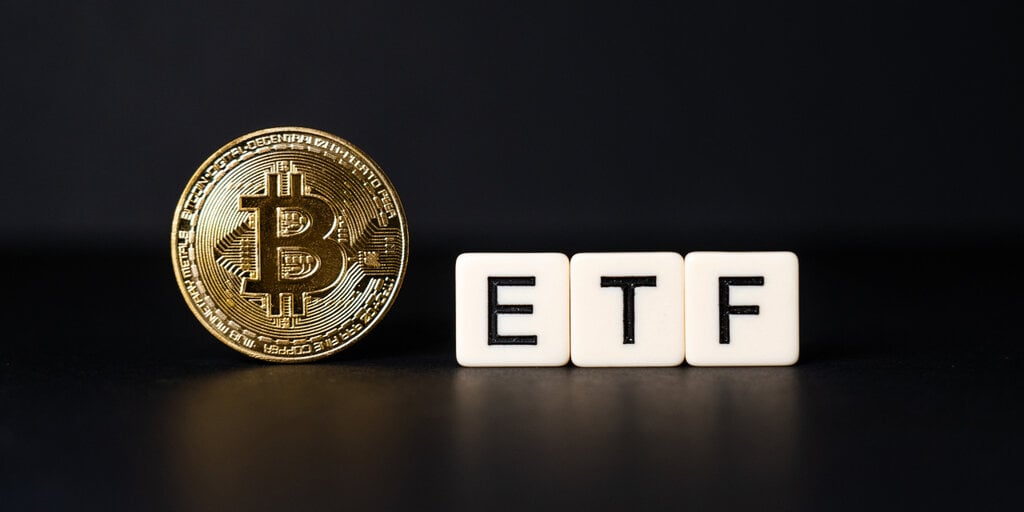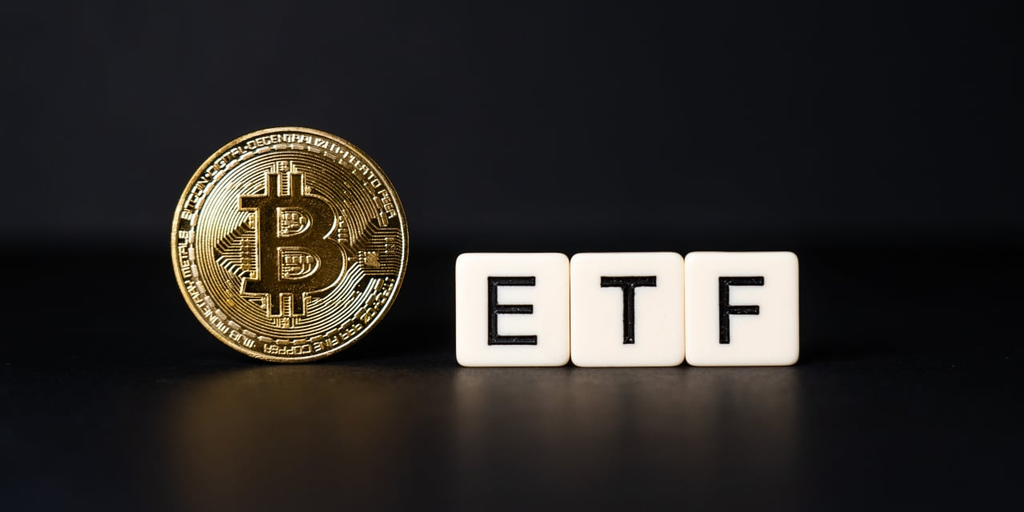

Analysts are watching to see what happens next as the financial world awaits approval of the first Bitcoin ETF by the U.S. Securities and Exchange Commission (SEC). Especially as filings began to take place late Friday.
“I like it,” Bloomberg analyst James Seyffart said on Twitter. It also includes (BlackRock’s) 19b-4 amendment. “We expect to see 11 this evening.”
Of course, by 6 PM ET on Friday, every Bitcoin ETF had filed Form 19B-4 with the SEC.
grayscale
ark
iShares
By bit
Van Eck
wisdom tree
Invesco
fidelity
franklin
HashdexAll have officially filed amended 19b-4 filings for their spot Bitcoin ETF apps.
— Jacqueline Melinek (@jacqmelinek) January 5, 2024
Organizations such as stock exchanges or investment firms file 19b-4s with the SEC to propose rule changes. This form details the changes and reasons and is subject to public review and awaits SEC approval.
“We’ve heard that the SEC is working with issuers on 19B-4s,” Bloomberg senior ETF analyst Eric Balchunas said in a previous interview with Rug Radio. “They’re going back and forth about the draft. That’s why we’ve seen the S-1 updated. However, the 19B-4s edits were forwarded directly to the SEC. They were not resubmitted.
“So when we see that resubmitted, we will know that the SEC has approved it as final,” he continued.
In a Friday Twitter Spaces interview with Rug Radio Balchunas suggested that if the SEC begins approving Bitcoin ETFs, the asset class could be worth billions of dollars.
“$2 billion would be a solid new year for any sector, but I’m a little more optimistic than that – maybe $10 billion in the first year,” Balchunas said. “What’s difficult to predict here is the short term. In the medium term, we can expect this to be between ($30 billion) and ($50 billion) over three years. And perhaps over five to 10 years, gold could reach a value of around $100 billion.”
Driving Balchunas’ bullish comments was the number of high-profile investment firms filing Bitcoin ETF applications with the U.S. Securities and Exchange Commission, including BlackRock, the world’s largest investment firm.
“I think I’m more bullish on this because Blackrock has this portfolio of models. “And they have well over $100 billion.” “So if they allocate even 1% to this new ETF, that’s $1 billion.”
A Bitcoin ETF should track the current price of Bitcoin and work in step with Bitcoin’s price movements, giving investors exposure to the digital asset without the need to purchase and store it.
“I would say ETFs are a long bridge between the two worlds. That’s why they are so interesting and attractive.” Valkunas said.
Balchunas also touched on the damage done to the markets by the collapse of cryptocurrency exchange FTX and the subsequent arrest, trial, and conviction of its founder Sam Bankman-Fried.
“While FTX is scaring off the small fish in crypto, there is a bigger fish in the lake, and that is the ETF,” Balchunas said. And he added that big fish don’t bite right away. “They are harder to please and they sniff around the bait. “You won’t be able to catch them right away like you would a small fish, but when they do bite, they should be bigger and more plentiful, but they won’t appear to be frantically foraging.”
Balchunas predicted that in the future, cryptocurrency trading will become more cost-effective and efficient with much lower transaction fees. This reduction in fees stands in stark contrast to the higher fees charged by current platforms like Coinbase.
“Five to 10 years from now, even two years from now, we will have really cheap, very liquid (market) liquidity. This means that there is only one basis point when you trade, so Coinbase commissions are: “Highway robbery.”
Balchunas also highlighted the potential benefits from the expected participation of reputable brands and regulatory approval from the Securities and Exchange Commission (SEC), which he said would add credibility and trust, highlighting the changing perspective of individual investors.
“Retail investors don’t have the FOMO they did in 2021,” Balchunas said.
Edited by Ryan Ozawa.



